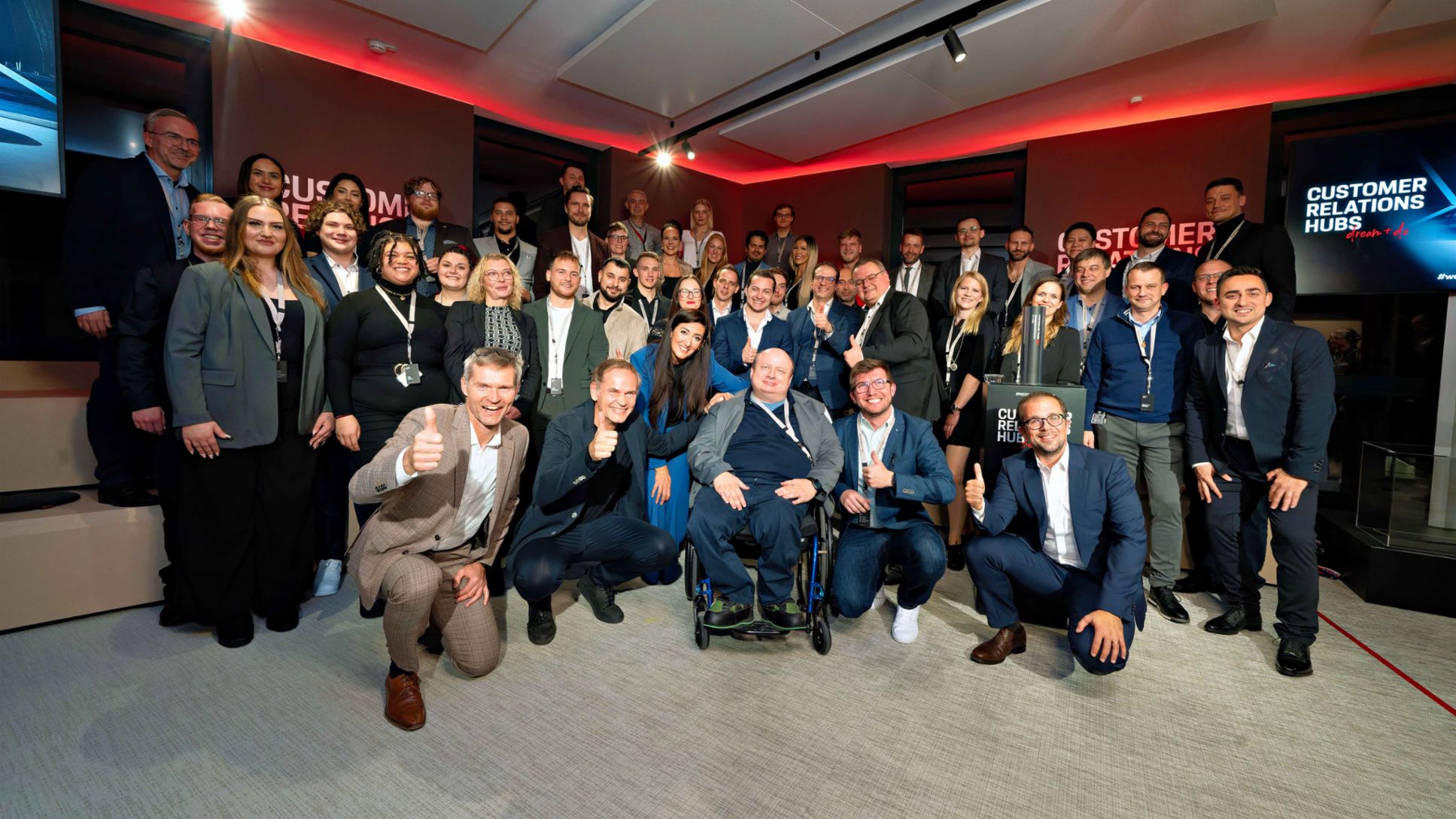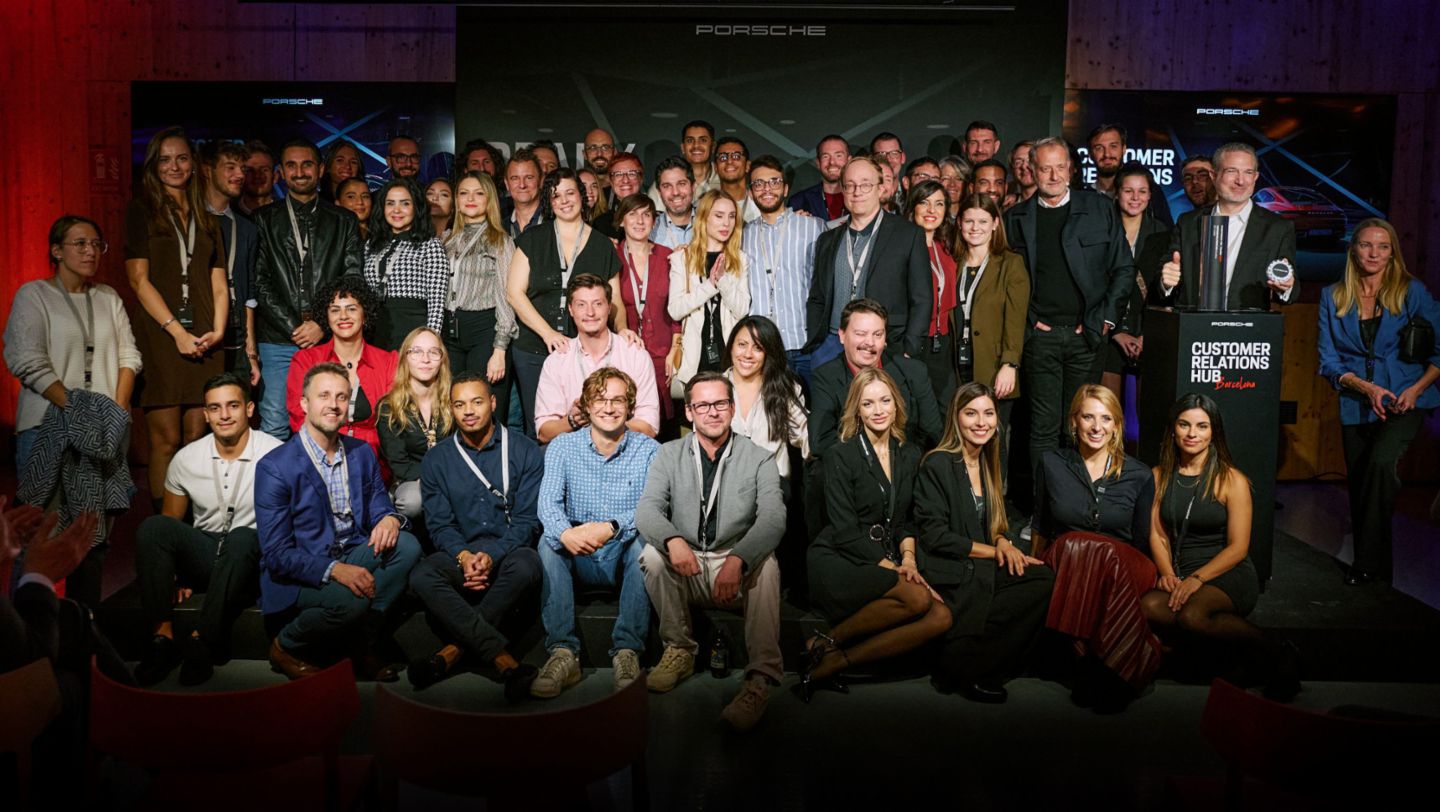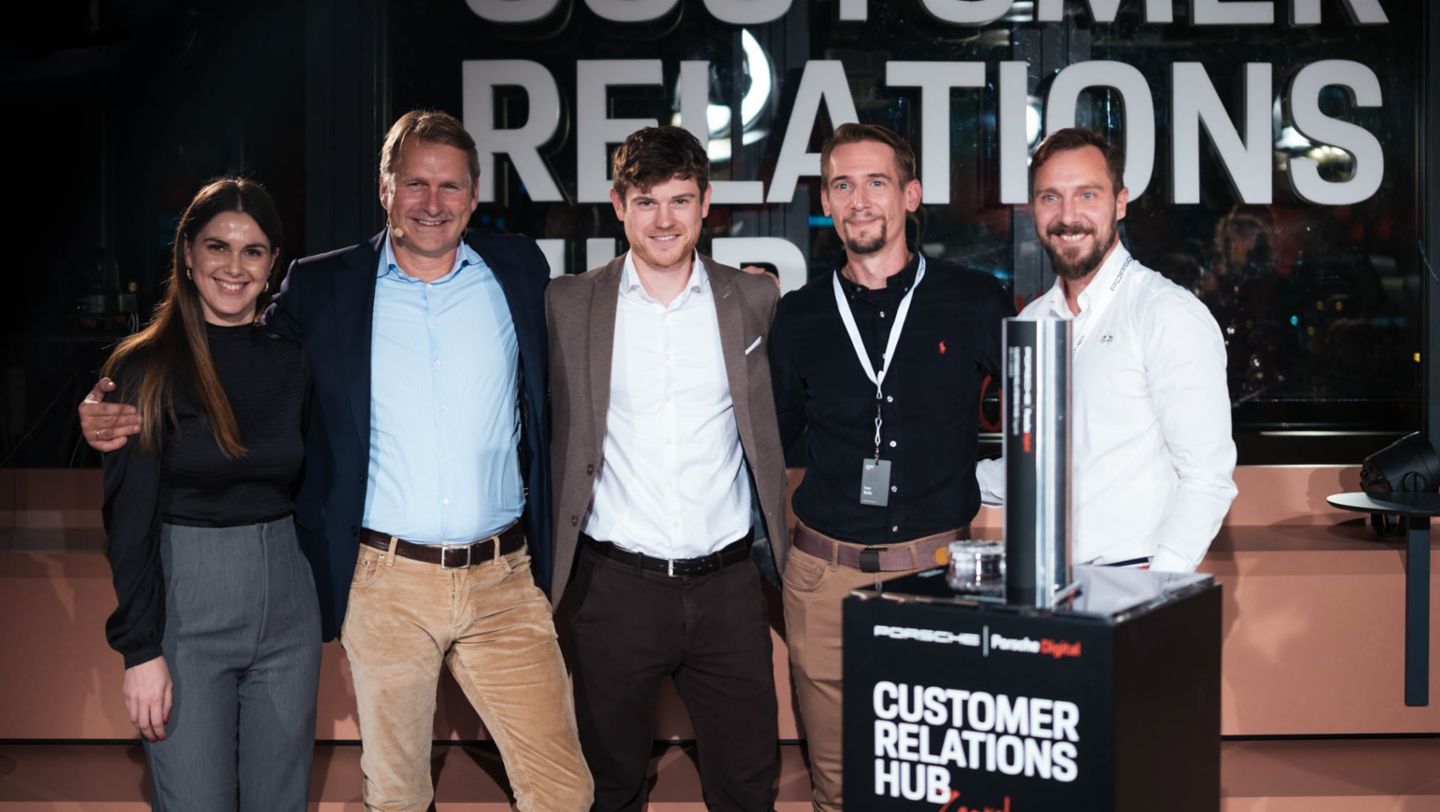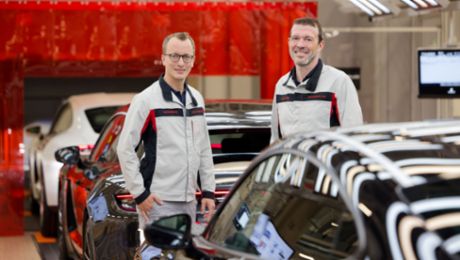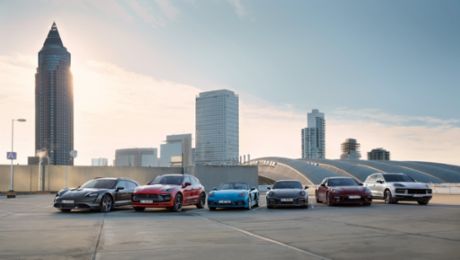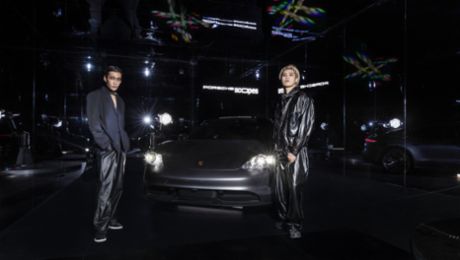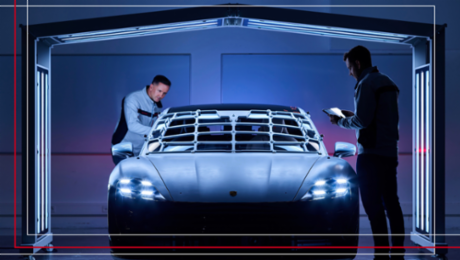“Exclusive customer service is a decisive cornerstone of a unique and special Porsche experience,” as Detlev von Platen, Member of the Executive Board for Sales and Marketing at Porsche AG, states. “Our contact with our customers is all about passion, speed, reliability and the individuality that our solutions offer – and a feeling of being welcome at Porsche. For this, we need employees who do their work with passion and who identify with our values.”
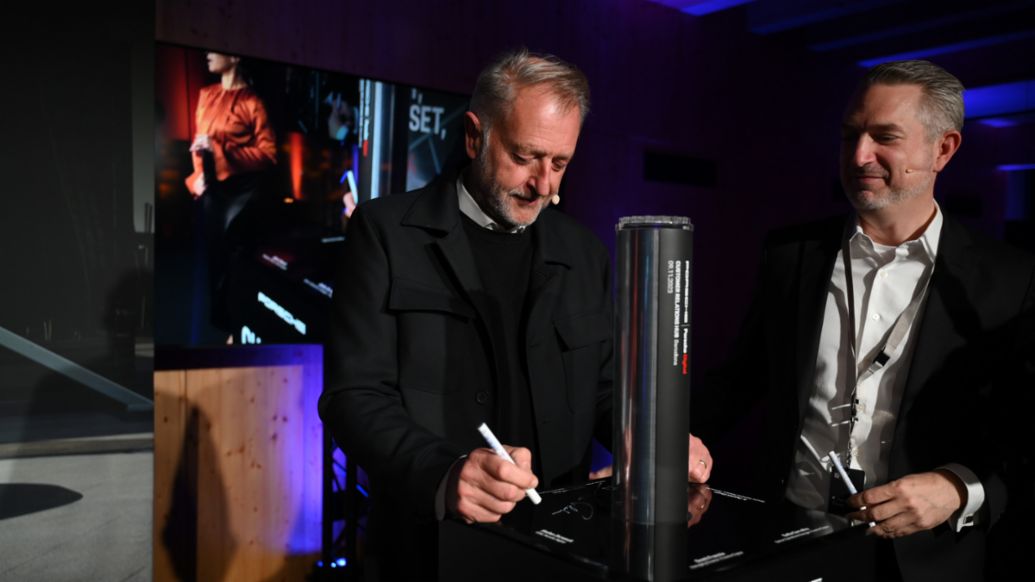
More than 130 new colleagues have been hard at work at Porsche in Berlin, Barcelona and Zagreb since the summer in order to ensure they can provide precisely this extraordinary level of customer service.
As part of the project, Porsche AG is working in lockstep with its subsidiary Porsche Digital. “The collaboration between Porsche teams is a key factor in successfully providing fast service to customers by using new technologies and better data management. At the same time, feedback flows directly back to the company. This heightens the customer focus,” explains Lutz Meschke, Deputy Chairman and Member of the Executive Board for Finance and IT.
The Customer Relations Hubs will serve 30 countries in Europe and the Middle East. The new setup will continue to be refined over the next few months. Insights gained will inform future plans for customer service worldwide.
